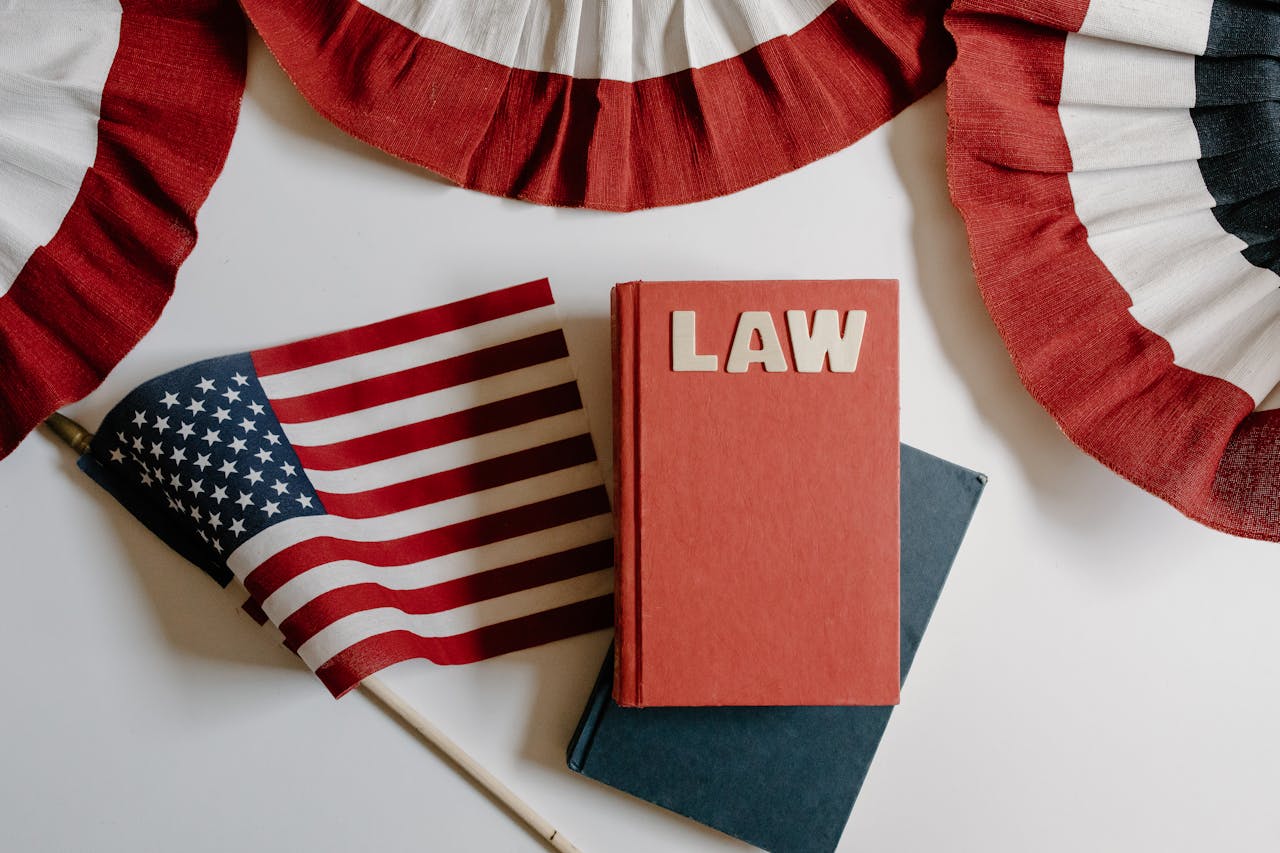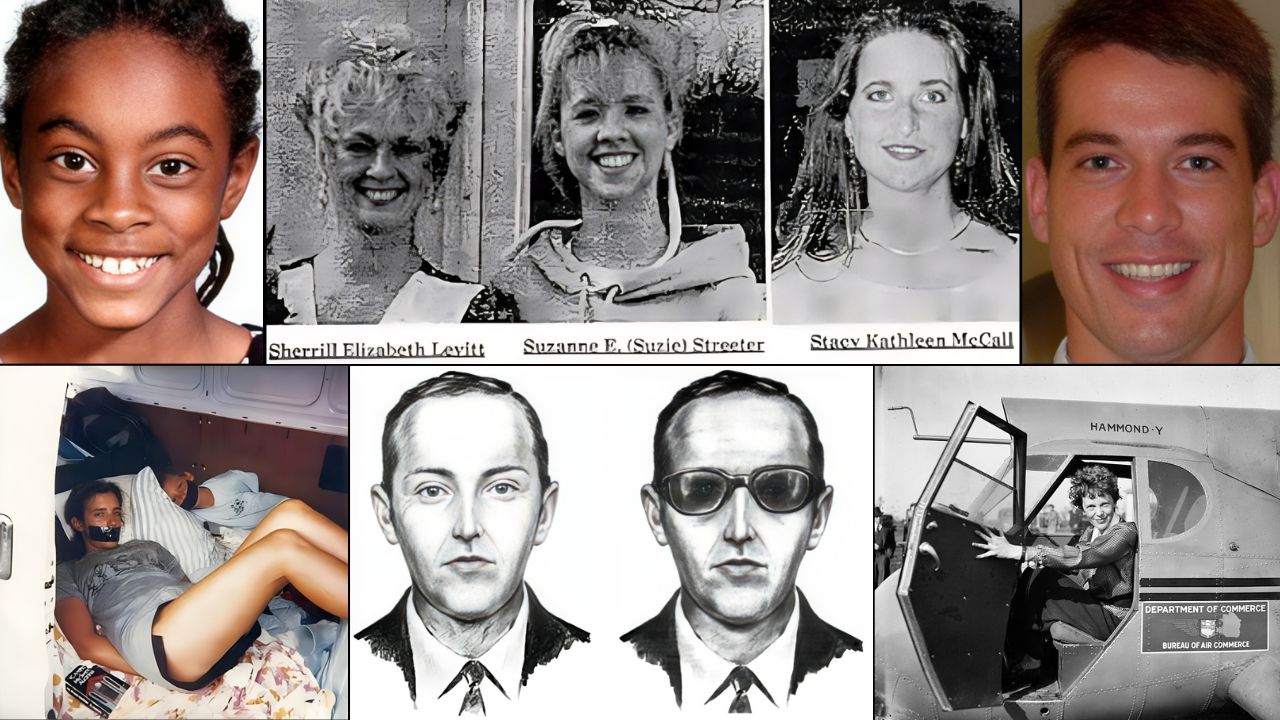Throughout the history of the United States, many laws have been enacted that seem downright absurd today, yet they were once considered necessary. Some were based on the social and political issues of their time, while others reflect outdated beliefs or priorities that seem out of touch with modern values. From bizarre bans to strange prohibitions, these laws provide a fascinating look into the history of legal systems and societal values. In this article, we’ll explore 14 outrageous laws in U.S. history that sound fake but are real, each rooted in real events, and the reasons behind them.
1. Anti-Obscenity Law in Indiana (1897)
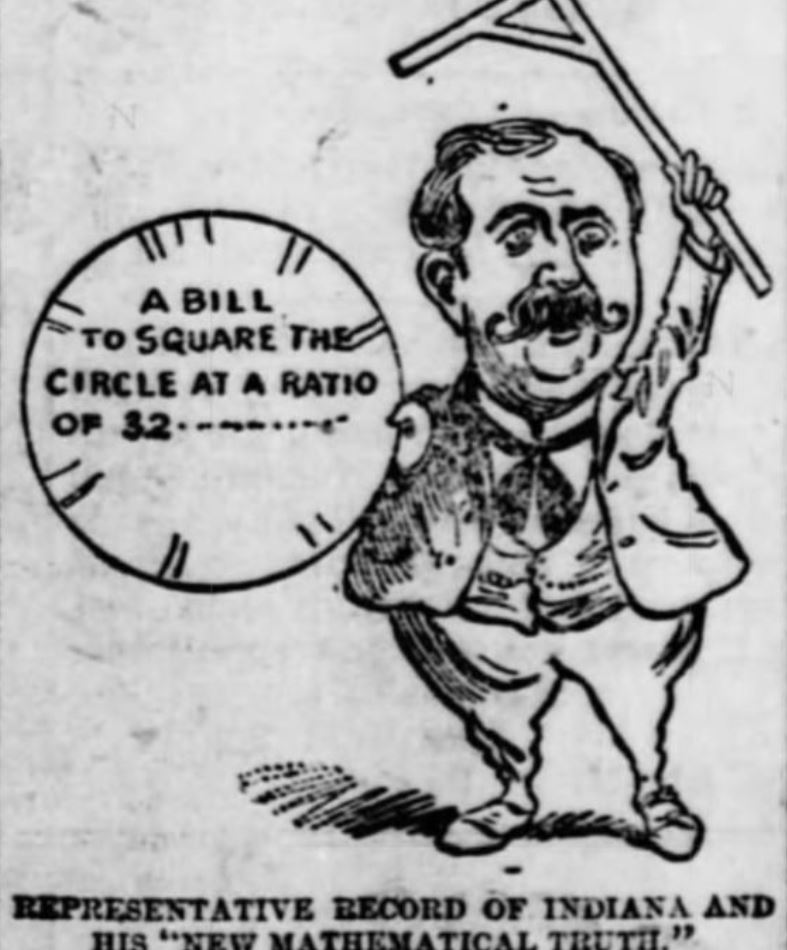
In 1897, the state of Indiana passed a vague anti-obscenity law designed to censor materials deemed “immoral.” The law, which applied to books, art, and other media, was part of a broader trend in the late 19th century aimed at maintaining moral standards. The vague wording of the law led to widespread censorship and legal challenges, affecting free speech and artistic expression. The law’s ambiguity led to it being criticized, and it was eventually repealed, but its impact on censorship in the state was far-reaching at the time.
2. Blue Laws in Connecticut (1650s)
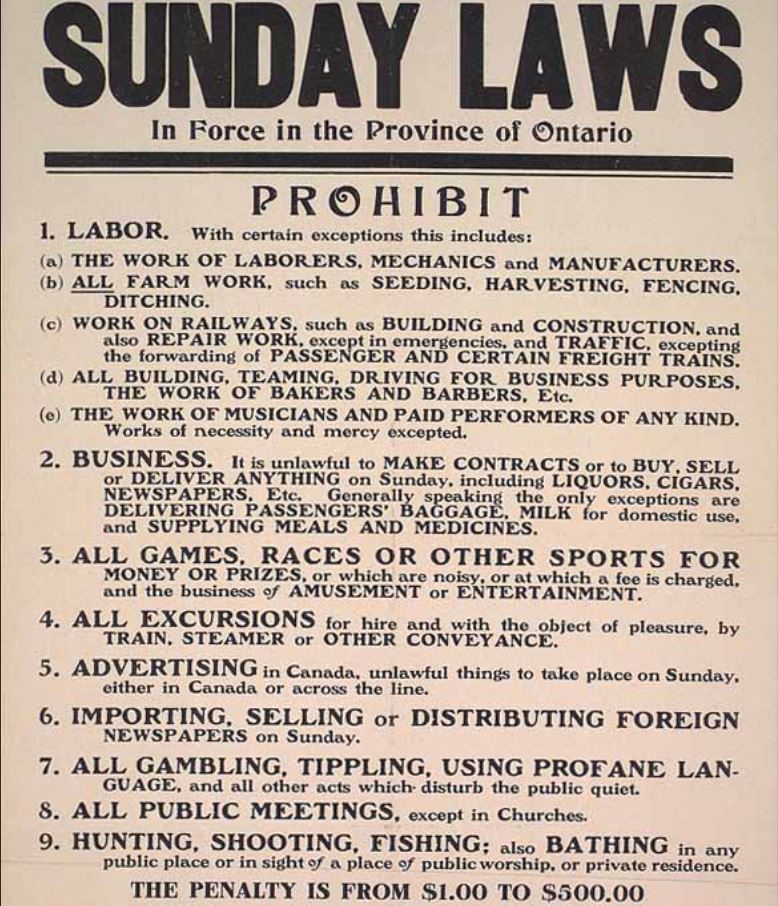
In the 1650s, the colony of Connecticut passed a strict set of regulations known as the “Blue Laws,” which were designed to regulate Sunday activities. These laws prohibited a variety of activities, including dancing, playing cards, and even unnecessary walking. The goal was to preserve the sanctity of the Sabbath by limiting frivolous activities. Though these laws have been largely relaxed, traces of them still exist in some areas of the U.S. through “blue laws” that govern business hours on Sundays.
3. Prohibition of Spitting on Sidewalks in New York (1896)

To combat the spread of tuberculosis, New York City passed a law in 1896 that banned spitting on sidewalks. At the time, tuberculosis was rampant, and public health officials believed that spitting in public spaces contributed to the spread of the disease. The law aimed to maintain hygiene and prevent further transmission, but it was also seen as an early example of legal measures taken to regulate public health. Although this law was not always enforced strictly, it marked a notable moment in the development of public health laws in urban settings.
4. Women’s Voting Ban in New Jersey (1797)
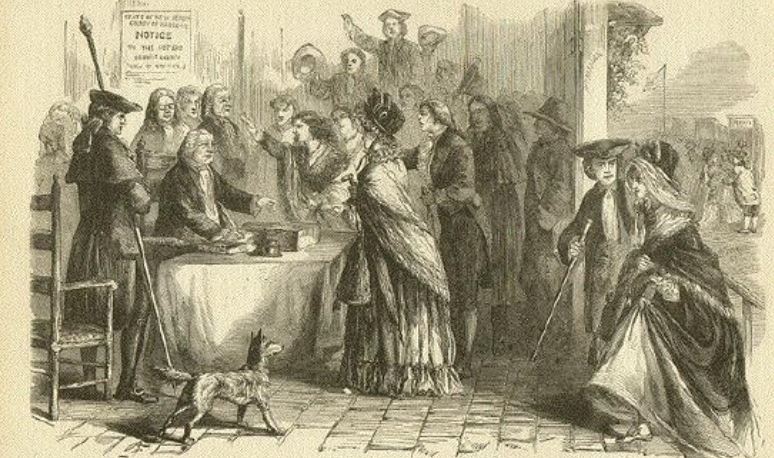
New Jersey, an early leader in women’s suffrage, allowed women to vote under its 1776 constitution, but this right was rescinded in 1807. In 1797, the state passed a law that specifically restricted the vote to male citizens, effectively ending women’s suffrage in the state. This move reversed the progressive stance on women’s rights and marked a shift toward the widespread disenfranchisement of women in the U.S. It wasn’t until the 19th Amendment in 1920 that women regained their right to vote nationwide.
5. Law Against Fortune Telling in New York (1930s)
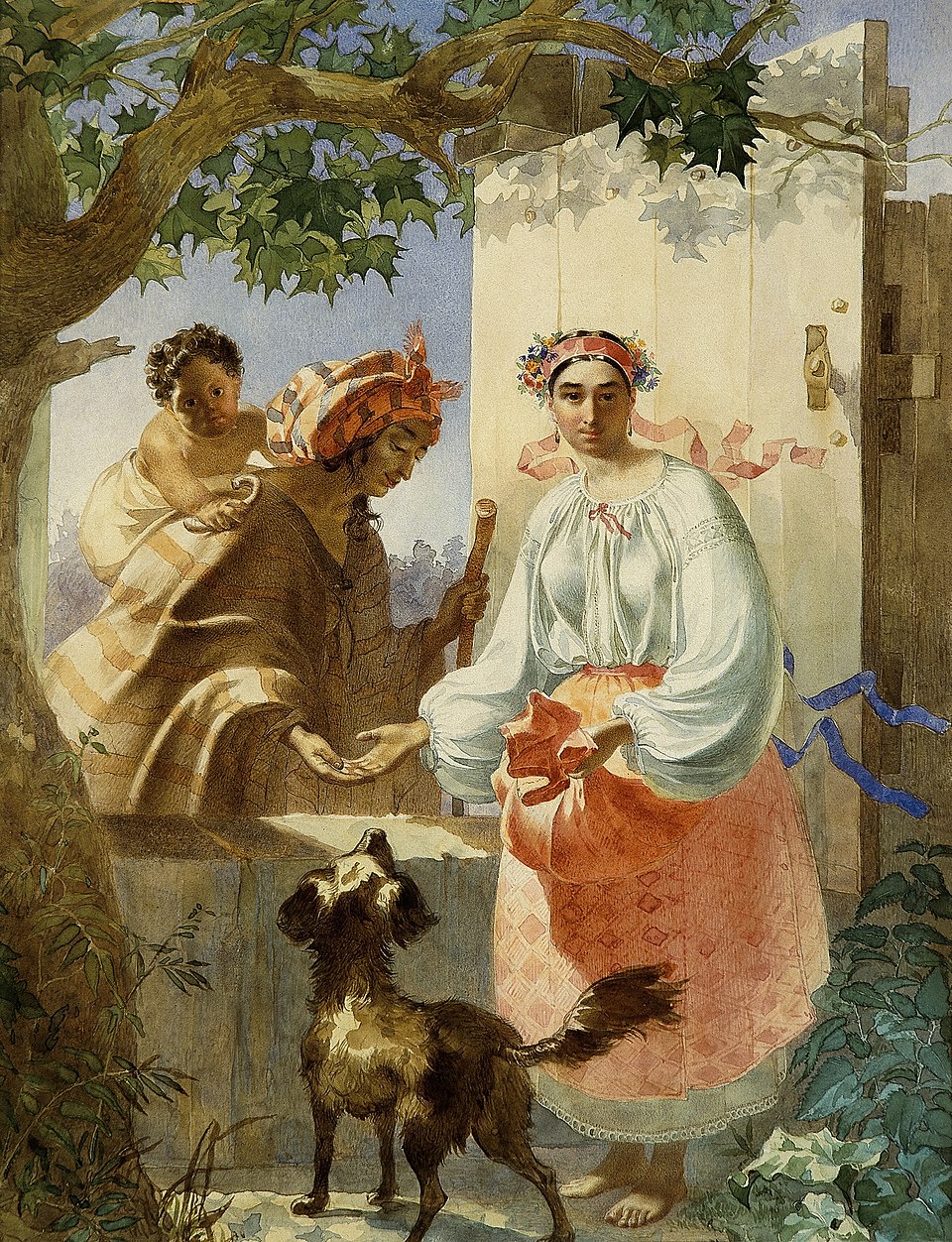
In the 1930s, New York State passed a law that made fortune-telling a misdemeanor. The law aimed to curb fraudulent psychic practices that preyed on vulnerable individuals seeking answers or guidance. Fortune-telling, as well as palm reading and other forms of divination, were classified as fraudulent activities under the law. Though it is rarely enforced today, the law remains on the books, reflecting the state’s ongoing interest in preventing deception in spiritual or mystical services.
6. “No Beer in Cans” Law in Michigan (1930s)
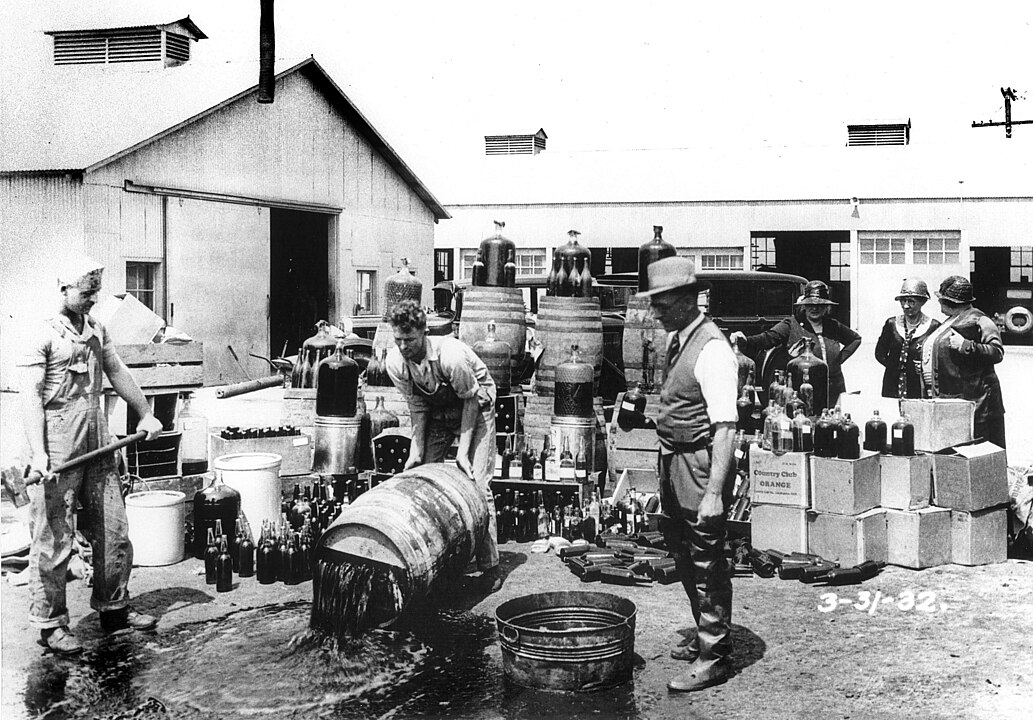
During the 1930s, Michigan passed a law that banned the sale of beer in cans. This law was influenced by the power of glass bottle manufacturers, who lobbied to keep cans off the market. The belief at the time was that glass bottles were a higher-quality method of packaging beer, and the can was viewed as inferior. The law was part of a broader movement of state regulations around alcohol during the Prohibition era, which aimed to control alcohol sales in various ways. The law was eventually repealed, but it remains a curious chapter in Michigan’s legislative history.
7. “No Dancing on Sundays” Law in Utah (1960s)
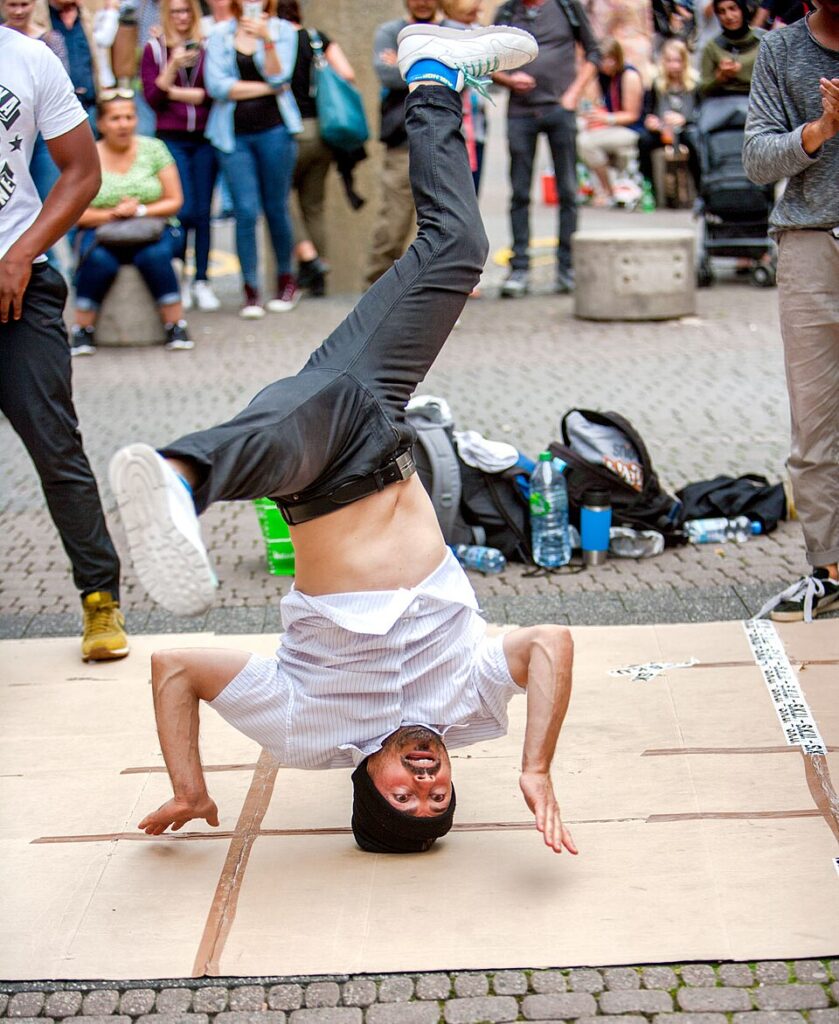
In Utah, a law was passed in the 1960s that prohibited dancing on Sundays. This was part of a larger set of “Blue Laws” that sought to maintain the sanctity of the Sabbath by limiting recreational activities on Sundays. The law aimed to prevent what was seen as sinful or unnecessary activity, including dancing. Over time, the law was repealed, but it reflects the moral and religious influence of the time, particularly in the state of Utah, where conservative religious beliefs played a central role in shaping laws.
8. Anti-Obscenity Law in Michigan (2013)
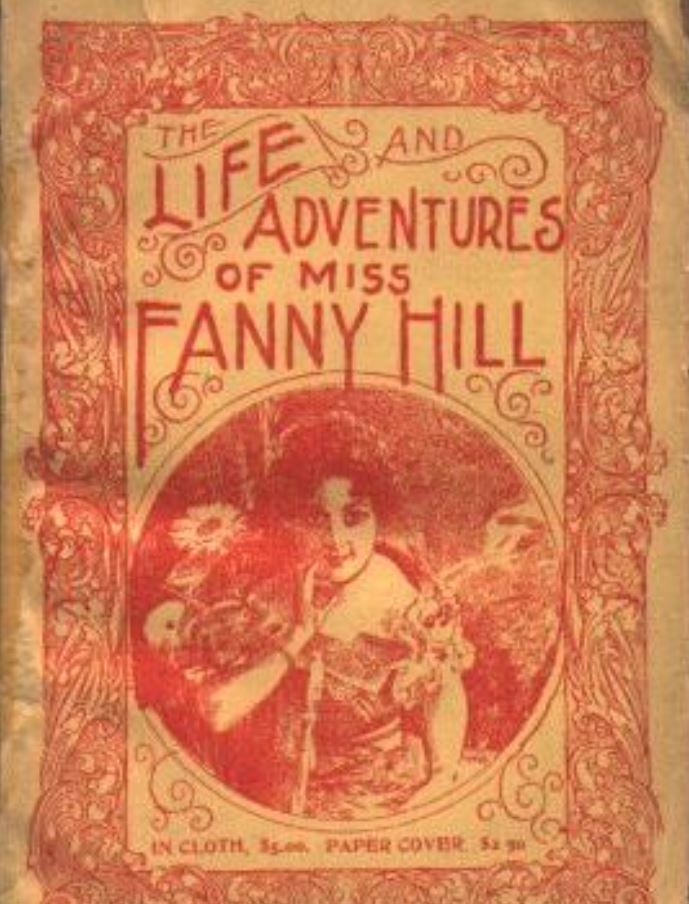
Contrary to some misleading reports, Michigan did not pass a new “anti-pirate” law in 2013. The myth of an “anti-pirate law” in Michigan arose from a satirical or misrepresented news report and has no basis in reality. While Michigan has passed laws aimed at regulating piracy on the Great Lakes in the past, no new legislation was passed in 2013 specifically targeting pirates or piracy activities in the state.
9. Snowball Fights Ban in Colorado Springs (1920s)

The idea that Colorado Springs passed a law banning snowball fights in the 1920s is based on a misinterpretation of local public nuisance ordinances. While there have been laws and ordinances in many cities aimed at regulating public behavior, there was never an official law in Colorado Springs specifically banning snowball fights. The story likely grew out of a broader push to limit throwing objects in public spaces, but the myth of a snowball fight ban remains unsubstantiated.
10. Law Against Singing in Public in Florida (1930s)

There is no record of a Florida law from the 1930s that banned public singing without a permit. This claim likely arises from a misunderstanding of local noise ordinances, which were common in many cities to prevent disturbances. Public nuisance laws were frequently used to regulate noise levels in urban areas, but there was never a specific ban on singing in Florida, let alone one that required a permit.
11. Kentucky’s “No Coffins in Cars” Law (1800s)

The claim that Kentucky passed a law prohibiting coffins in cars in the 1800s is a fabricated myth with no historical evidence. This is a typical example of the bizarre “weird laws” lists that circulate online, but there is no verifiable documentation of such a law in Kentucky or anywhere else. It remains a staple of urban legends but is not based in fact.
12. Law Against Fake Mustaches in Alabama (1890)

The claim that Alabama passed a law banning fake mustaches in 1890 is yet another urban myth with no factual basis. This is a widely circulated story, often included in lists of “weird laws,” but there is no historical record to support this claim. It appears to be a playful addition to the bizarre laws myth, but it does not reflect any actual legislation in Alabama.
13. “No Unmarried Women Can Ride in Cabs Alone” (New York, 1908)
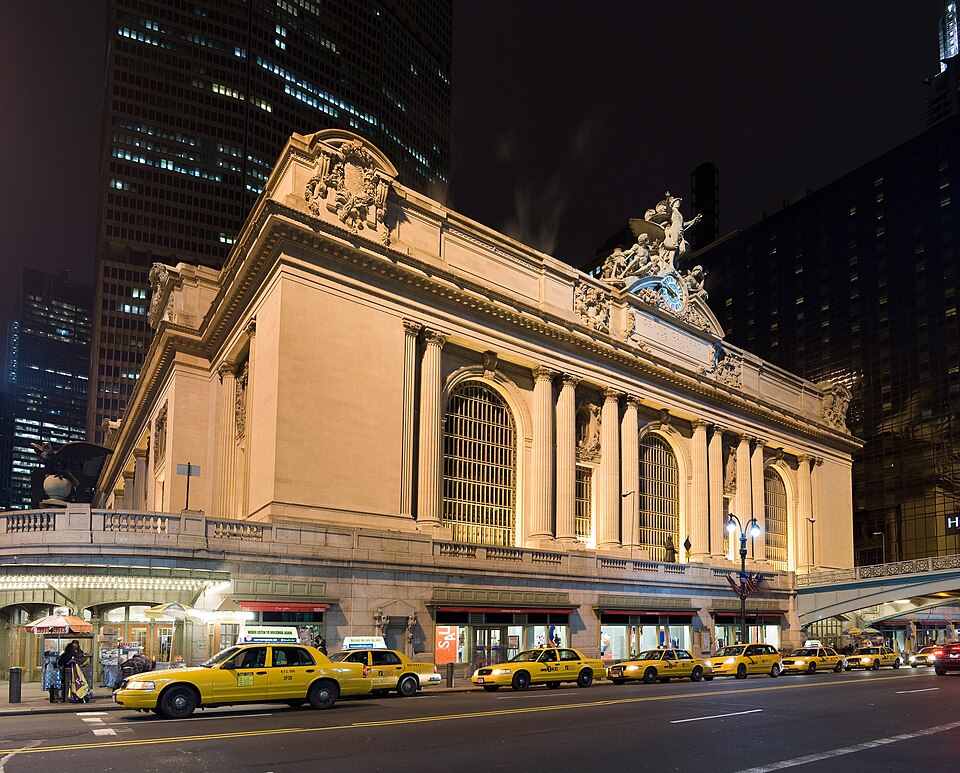
While women in the early 20th century faced many societal restrictions, there is no historical evidence of a specific law in New York City in 1908 that prohibited unmarried women from riding in cabs alone. This myth likely stems from the restrictive social norms of the time, but there was no actual law banning this behavior. The story is more reflective of the gendered expectations of the era than a real legal statute.
14. “No Ice Cream on Sundays” Law in Georgia (1924)

The story of a Georgia law banning the sale of ice cream on Sundays is a widely circulated urban legend with no substantiated historical record. While Sunday laws regulating certain activities did exist in some states, there is no evidence to support the claim that Georgia ever passed a law specifically banning ice cream sales on Sundays. This myth continues to be repeated but lacks any factual foundation.
